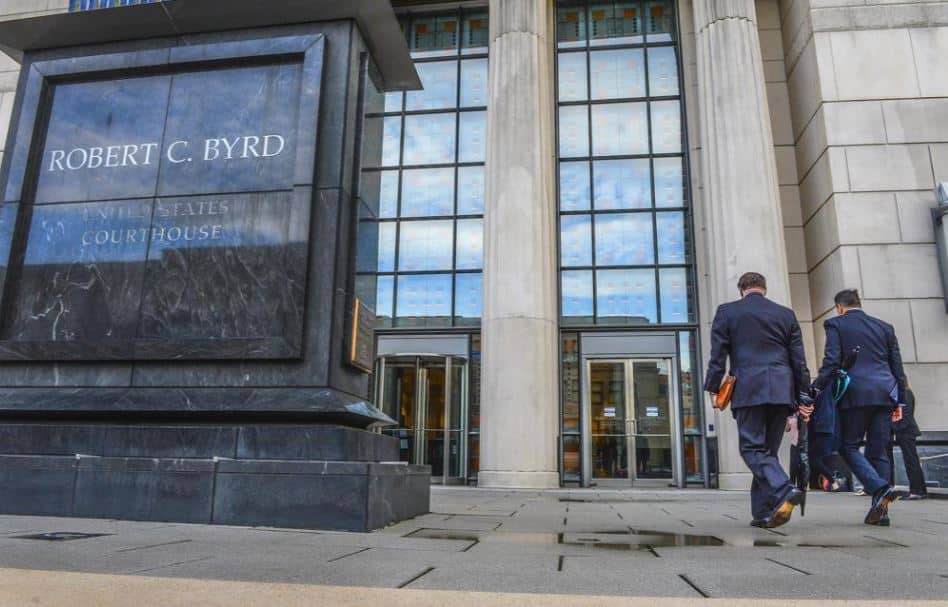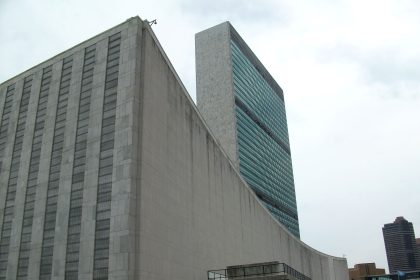Drug Distributors Win Lawsuit Accusing Them of Opioid Abuse

CABELL COUNTY, W.Va. — A federal judge in West Virginia on Monday ruled in favor of drug distribution companies accused in a lawsuit of creating a public nuisance by distributing opioids that kill thousands of Americans each year.
The judge said his ruling is “not based on sympathy but on the facts and the law.”
The companies — AmerisourceBergen Drug Co., Cardinal Health and McKesson Corp. — are distributors of opioids and other prescription drugs. They argued that they were in full compliance with Food and Drug Administration regulations, which they said should relieve them of liability.
Attorneys for Cabell County and Huntington, West Virginia, said the drug distributors were responsible for a public health crisis by ignoring evidence prescription drugs were being converted to illegal use. They sought $2.5 billion in reparations to address the drug problem in their region.
The companies distributed 51.3 million opioid pills to retail pharmacies in Huntington and Cabell County between 2006 and 2014, according to the lawsuit.
U.S. District Judge David Faber rejected their arguments, saying the problem is not the drug distribution companies but abuse of the drugs by individuals.
Most doctors who prescribed the powerful painkillers were making “good faith” efforts to help their patients, Faber said.
He added that “there is nothing unreasonable about distributing controlled substances to fulfill legally written prescriptions.”
The West Virginia lawsuit was one of about 3,300 nationwide filed against pharmaceutical companies. They accused the companies of encouraging an opioid epidemic that has killed more than a half-million victims in the United States in the past two decades.
The companies tried to resolve thousands of the complaints in a $26 billion settlement last year with state and local governments.
Most of them accepted the settlement but a few, like Cabell County and the city of Huntington, decided to proceed with their lawsuits. Many, but not all, of the lawsuits have ended in defeat for the plaintiffs.
In the West Virginia case, “Plaintiffs cannot recover against [the drug distribution companies] by proving only that they were injured as a result of the opioid epidemic,” the judge wrote. “Plaintiffs’ theory of harm is based on the diversion of prescription opioids, whether through illegal distributions of opioids or through distributing an unreasonable volume.”
AmerisourceBergen, Cardinal Health and McKesson all made reasonable efforts to ensure they distributed opioids only to licensed, reputable pharmacies, the judge said.
“At most, there is only a reasonable inference that someday, somehow, some of the opioids that defendants shipped fell into the wrong hands,” Faber wrote. “That is not enough to sustain a reasonable finding that defendants here caused diversion of opioids or an opioid epidemic.”
The drug distribution companies welcomed the court’s ruling. Cardinal Health said in a statement that the ruling “recognizes what we demonstrated in court, which is that we do not manufacture, market or prescribe prescription medications but instead only provide a secure channel to deliver medications of all kinds. … ”
The court’s decision was not welcomed by Huntington Mayor Steve Williams, who said it was “a blow to our city and community.”
The ruling was similar to the outcome of lawsuits in Oklahoma and California last year, where the courts also rejected claims against pharmaceutical companies, such as Johnson & Johnson.
Different decisions came out of courts in Ohio and New York in the past year. Pharmacy chains CVS Health Corp., Walgreens Boots Alliance Inc. and Walmart Inc. were found liable in Ohio for dispensing opioids that led to overdoses. A New York jury found drugmaker Teva Pharmaceutical Industries Ltd. liable.
Tom can be reached at [email protected] and @TomRamstack























